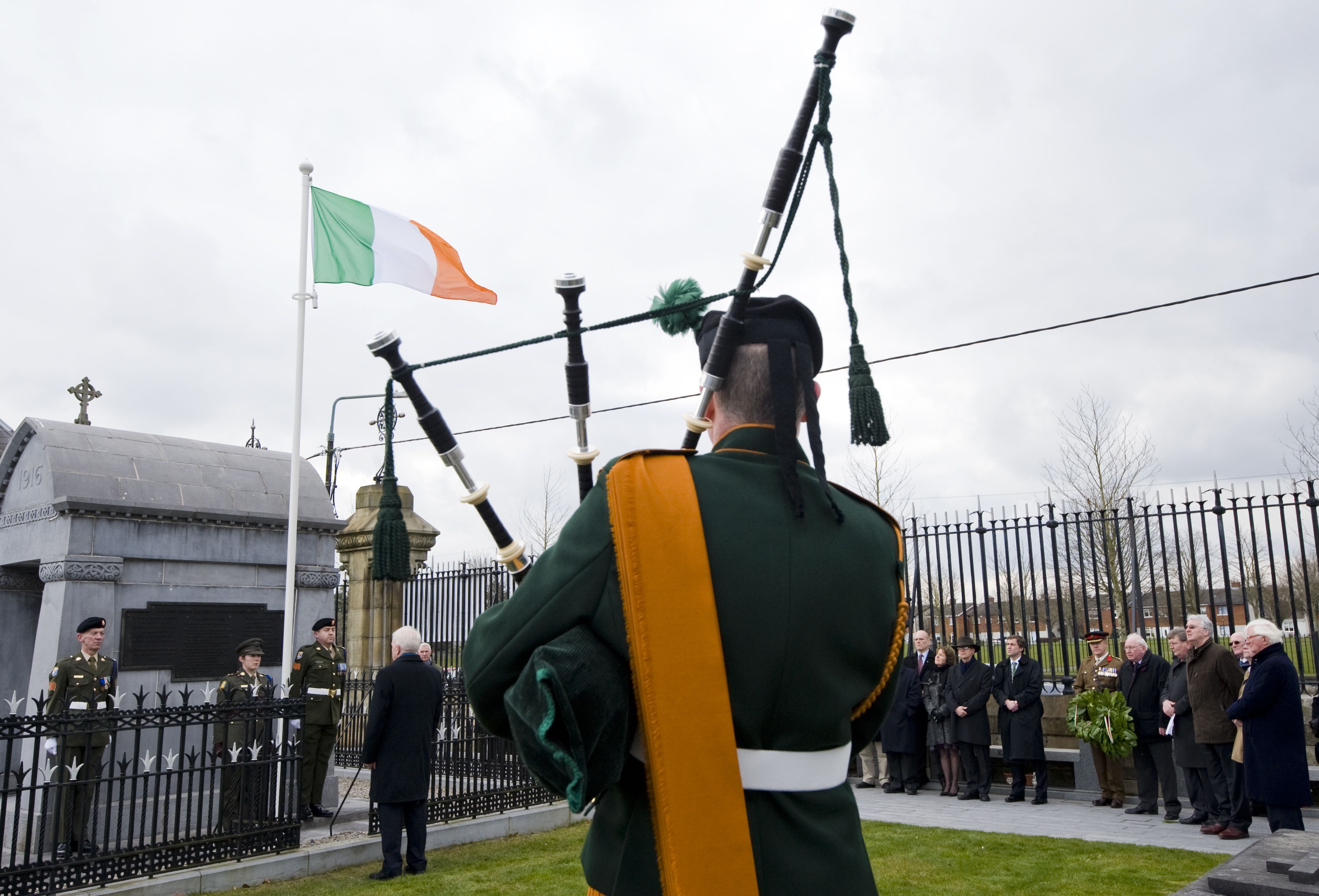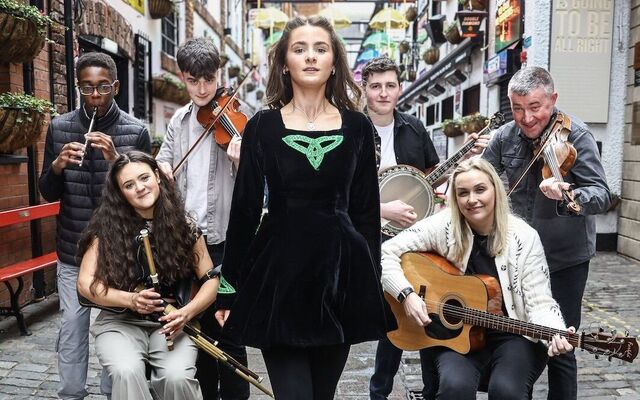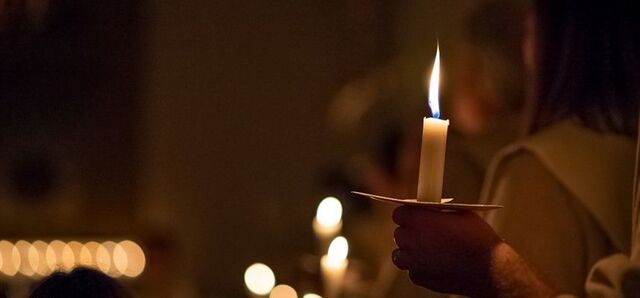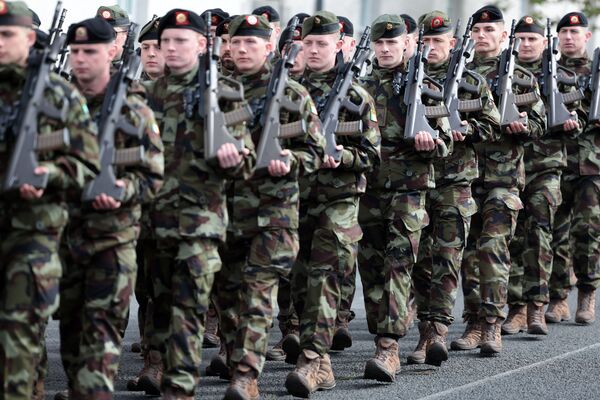JOHN Hume’s father probably wasn’t the first father to give his son advice, in this case that he should avoid trying to eat a flag. Yet it’s odd how many people go green around the gills when it’s mentioned that in any new Ireland negotiations, the national flag (and anthem) might be changed.
Like thousands of others, I feel strongly about our national flag. I remember as children on a day excursion to Bundoran, the minute we crossed the border and saw the Tricolour, we would cheer our tiny lungs out. An odd thing to do, when you think of it – cheering a piece of cloth. But national flags (and anthems) contain a lot more than the material they’re made of.
They contain the sense of identity that links us together as a nation; they remind us that life is lived as part of the Irish nation; and fluttering from the top of the flag-pole, they raise our hopes and spirits as a people.
You can’t eat a flag.
— Cristina Hernández (@Cristina_H_) April 14, 2023
John Hume. pic.twitter.com/2Oh9B0a6Wt
The flag and the anthem tend to go together. Attend a GAA game in Croke Park or dozens of other sporting stadiums and when pre-match the crowd faces the flag and sing Amhrán na bhFiann, there’s a certain sense of pride and fellowship as we belt out the national anthem.
We know that there are many unionists who would be uneasy as citizens of a new Ireland and would need reassurance that Ireland really had recreated itself and that the North, just like the South and East and the West, would be a vital component of the new country.
Or not, as the case may be: the number of people on teams representing Ireland who can’t seem to remember the words or can’t be arsed singing them is deeply sad, even shameful. And then, of course, there are the clowns who burst into cheers of ‘G'wan Tyrone!’ or ‘Come on you boys in blue!’ with much of the two final lines of the anthem still to be sung. And don’t get me started on ‘Ireland’s Call’.
Don’t forget – the flag is supposed to represent the nation, with all its diversity and complicated history. The tricolour, with its white for peace between its green and orange sections, seems pretty apt to me, but if unionists want to talk about a new flag for a new nation, by all means, state your case.
We know that there are many unionists who would be uneasy as citizens of a new Ireland and would need reassurance that Ireland really had recreated itself and that the North, just like the South and East and the West, would be a vital component of the new country.
For hundreds of years, Ireland has struggled in so many ways to raise itself from the position of vassal state to Britain. If we really see unionists as our fellow-countrymen and women, then we would be deeply irrational if we allowed a piece of cloth to come between us and them. If we should decide to change the national flag, over the years it'd bear comparison with Catholics abstaining from meat on Friday seventy years ago: a sacred duty then, a fading memory now.
“But what next?” you’re saying. “They’ll then go on to demand changes in all sorts of other ways – return to the Commonwealth, King Charles as head of state, the continued awarding of CBEs and OBEs and dames and knighthoods!”
The same people who would urge northern nationalists to make peace and respect their unionist neighbours are often the loudest in opposition to any such suggestions.
We shouldn’t be. We should put anything and everything on the table, and listen to the arguments pro and anti. Some will come out the way you want them to, with others you’ll have to accept your second or third choice, not your first. Only in that way can unionist trust and commitment to a new Ireland be won.
And that’s a prize worth paying for.








